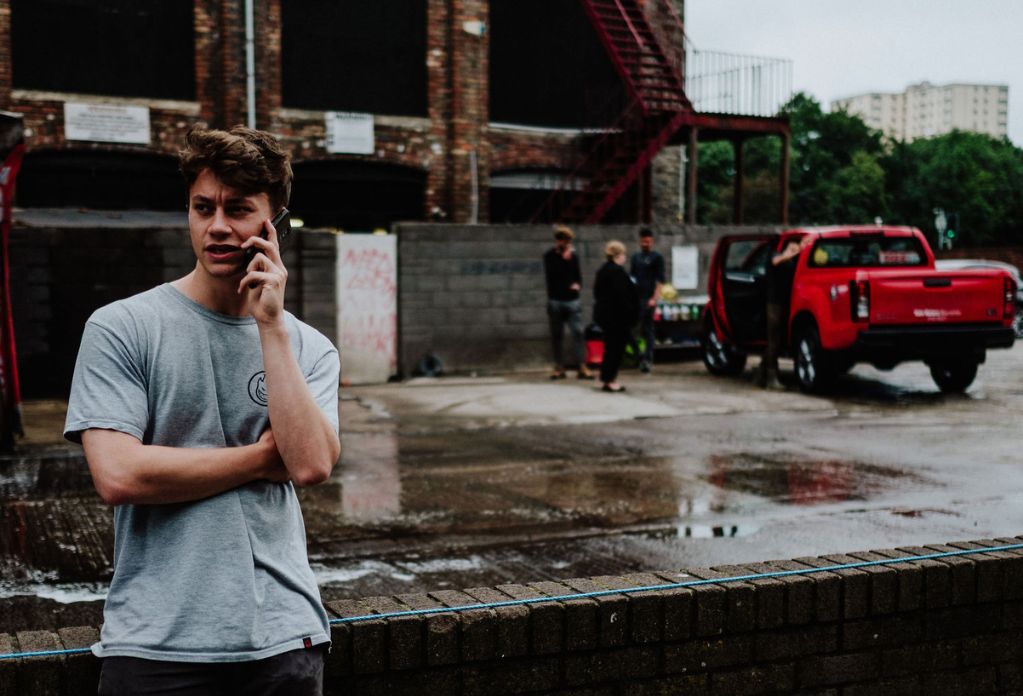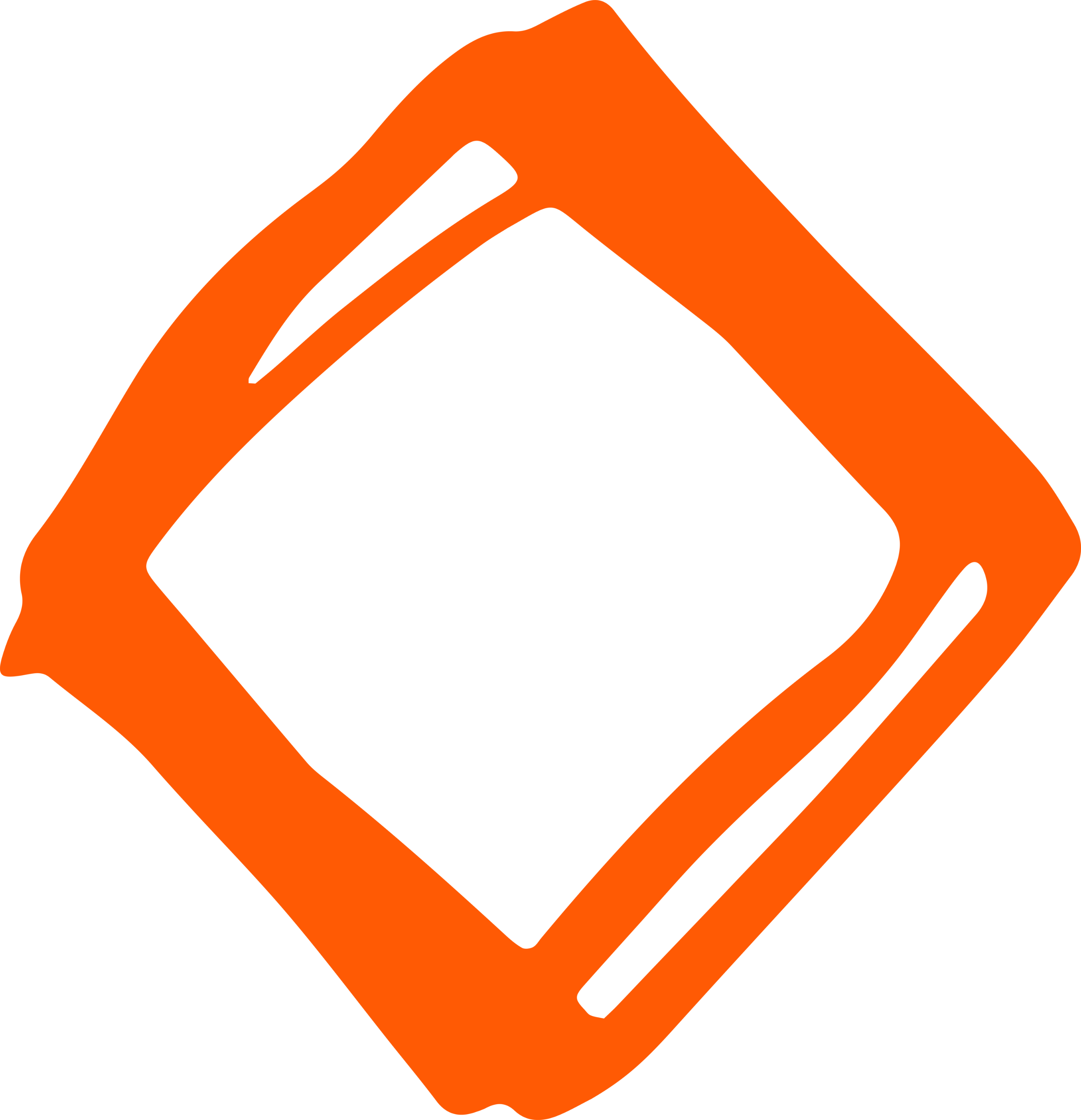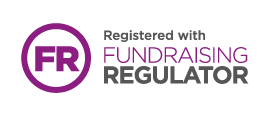
Unseen’s Modern Slavery & Exploitation Helpline had its busiest year ever in 2022, new figures show.
The findings are from the Helpline Annual Assessment, one of the most detailed reports on the nature of modern slavery in the UK.
The figures for 2022 reveal:
- A potential 6,516 victims of modern slavery indicated – an increase of 116% compared to 2021
- A total of 7,315 calls from victims, the public and professionals working in organisations such as the NHS, local government and businesses – an increase of 16%
- 9,779 contacts overall, which is the number of calls plus 2,464 contacts through our website and app
- 1,046 cases of labour exploitation reported – an increase of 134%
- 479 cases of sexual exploitation, where people are forced into sex work – an increase of 66%
- 114 cases of domestic servitude, where people are forced to work as servants in a home – an increase of 75%
- A huge increase in potential victims in the care sector – 708 reported in 2022 (1,024% increase on 2021)
- Potential victims from 99 countries, with Romania being the most common, followed by India, Vietnam, Sri Lanka, Albania, China and the UK.
Says Justine Carter, Director of Unseen and co-author of the Annual Assessment:
“Every call we get is one too many as slavery should not exist today. However, it’s encouraging that more people are contacting us so that we can help them out of a life of misery.
“There are around 100,000 people in the UK in modern slavery, so these figures are just the tip of the iceberg. There’s still a lot we can and must do to prevent vulnerable people from falling prey to callous exploiters.”
About the annual assessment
Modern slavery data from the Helpline Annual Assessment includes figures for every UK nation and region.
It is used by charities, the police, local and national governments and businesses to inform policy and approaches to slavery and human trafficking.
The Annual Assessment also covers a range of sectors including hospitality, construction, retail, manufacturing and agriculture.
Says Justine Carter: “To be serious about tackling modern slavery in the UK we need much more awareness of the true size of the problem, better support for victims, and many more resources going into targeting the criminals behind the exploitation.
“Instead, the UK is bringing in new migration laws that criminalise some victims of modern slavery, forcing them underground and keeping them vulnerable to traffickers.
“We should be doing more to expose the extent of slavery – not driving it further into the shadows.”
About the helpline
Unseen’s Modern Slavery & Exploitation Helpline is free, runs 24/7 and is totally confidential.
As well as supporting victims themselves, the Helpline advises police officers, NHS workers, local government employees and businesses about what to do if they suspect an instance of modern slavery.
The Helpline also encourages members of the public to get in touch if they are worried about anything they’ve seen.
If you need help or are concerned about anything you’ve seen, call the Helpline, any time of day or night, on 08000 121 700.


